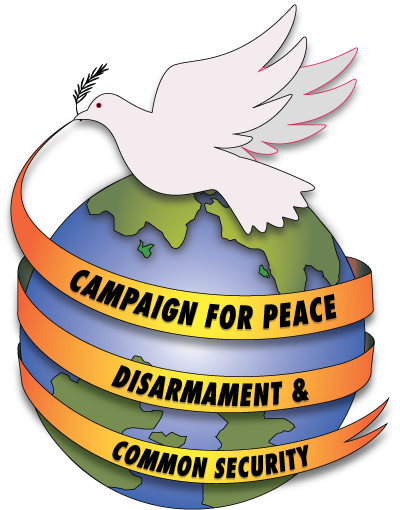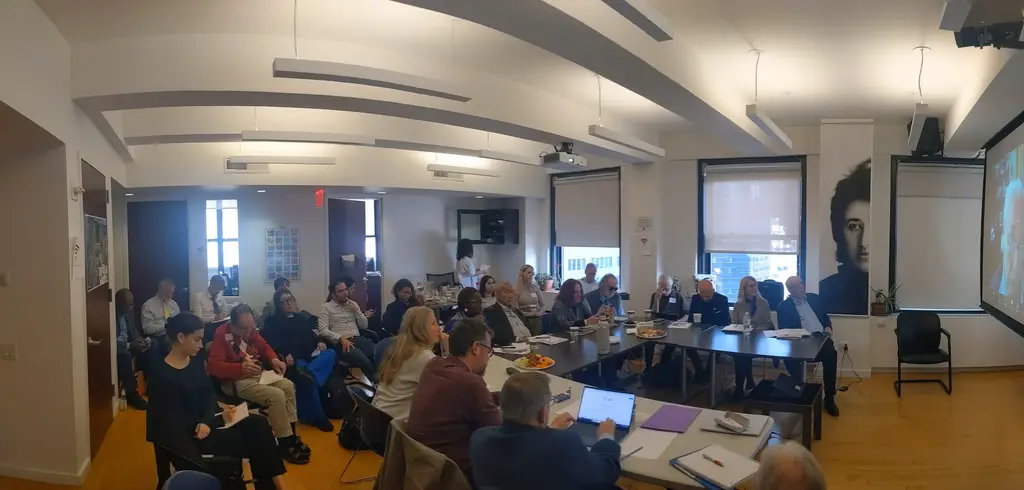Notes on talk before the International Peace Bureau, the Campaign for Peace, Disarmament and Common Security, and Rosa Luxemburg Stiftung.
- Two ongoing wars, several frozen long term conflicts (India- Pak; China; Nand S Korea), and construction of a new theatre of conflict all have nuclear powers as adversaries, or behind proxies. The threat of use of nuclear option, has been waved as a casual possibility by responsible regime members of Russia and Israel. What was believed to be a taboo has been broken.
Friends, We stand at the edge of the most dangerous period of world history, where decades of carefully crafted disarmament treaties and attempts to step back, prevent nuclear war, accident, annihilation have been dismantled.
This is the time to strategize, and one way is to draw lessons from the past especially from the Treaty for the Prevention of Nuclear Weapons and make a realistic assessment of how we once again move towards complete disarmament. - A map of the signatories to the TPNW gives certain indicators; (i) 95% of the signatories to the TPNW are countries from the global South. (ii) Most of these countries are amongst the least developed, indebted, poor countries. (iii) Several of these countries have internal non-international armed conflicts, but are able to live without confrontation with neighbors. And are votaries of global disarmament.
- So who are the countries who are not interested in TPNW? (i) countries of the US led military alliance NATO plus Western Block allies like Australia; South Korea, Japan; (ii) Russia and China; North Korea (iii) India and Pakistan i.e. (ii) So, countries with nuclear weapons, and aspiration for nuclear weapons, (iii) countries who are either global hegemons, regional hegemons or have aspirations of projecting global and regional power. (iv) countries from West Asia one of the most conflict ridden regions.
- Several countries with head-on conflicts are stepping back from earlier disarmament treaties. Russia and US.
- On the positive side: Certain regional blocs from GS are individual signatories like all ASEAN countries; a large number of African Union countries; and Latin American (Bolivarian Pacific alliance of Latin America and Caribbean; Community of Latin America and Caribbean States (CELAC) except for Argentina.
- So approach to TPNW is though have-nots or by-standers in disarmament debate. Their presentation of norm differs from those who not signed. Norms of NWS are of constraint, and restraint, non-proliferation, and deterrence whereas of TPNW is renunciation, prohibition, total disarmament based on belief that NW are inhumane and immoral due to devastating consequences of nuclear explosions.
- TPNW use strong moral and existential tool and emotion. And promote stigmatization of NWs and deterrence.
- Problem is TPNW opposed but P5 and others so will not become customary law.
- Problem is international system poised first as bipolar, unipolar or multipolar where ever there ae antagonistic powers and confrontationist competition and each side sees the other as ‘evil’ controlling and their own values as universal or better. Or their civilization as superior- till then NW will continue to hold value.
- Can normative pressure become political factor?
- Changing security landscape is a precondition for nuclear disarmament. (miller and Wunderlich )
- Need for overall state of détente (try universal cease fire of all conflicts for three years). As it is established that disarmament signals are positive during periods of détente and pressure for nws increase with pressure and domination.
- The signatories of TPNW should play a bigger role in disarmament and demand a greater voice.
- It should be taken further- to tie in protection for TPNW states
- Abandon unilateral security seeking.
- Show successes of common security. Of neutrality.
- Move towards a treaty for protection of States that tie common security, neutrality, TPNW.

